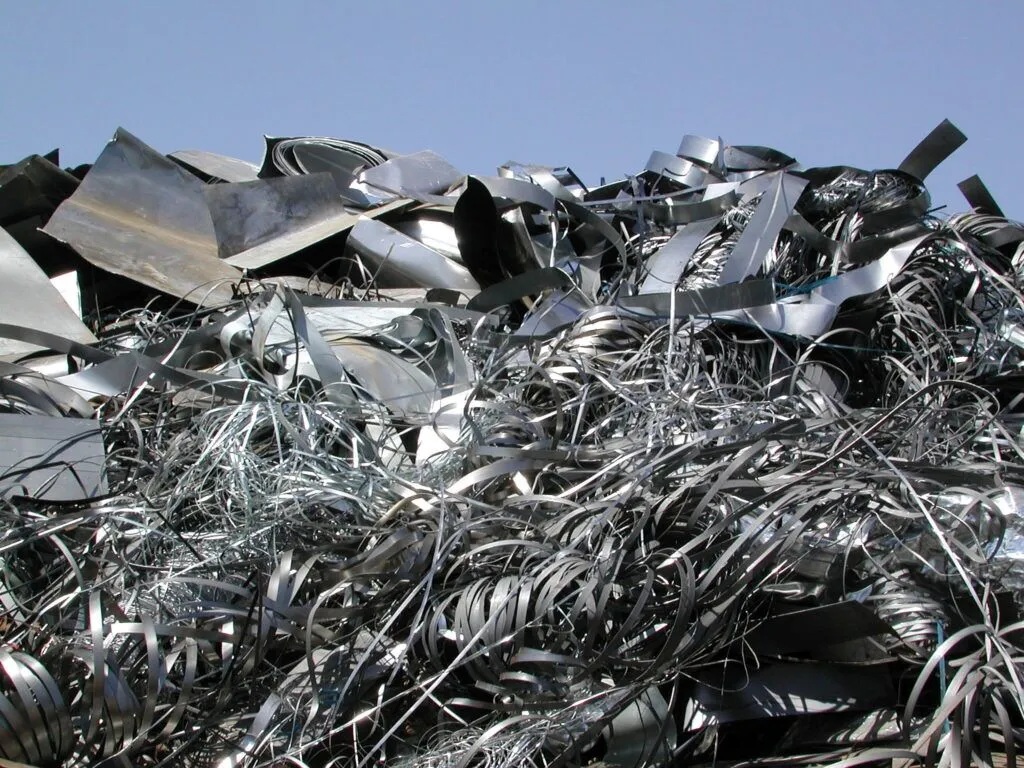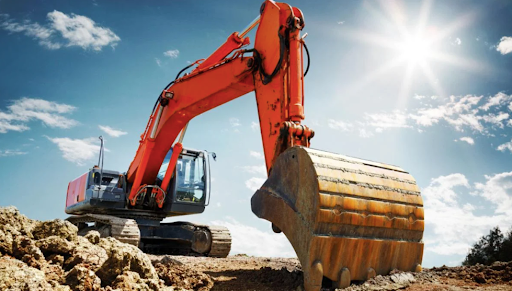
Screw piles are sturdy, heavy-duty fences that you can use to keep livestock and other animals out of your yard. They work great for this purpose and can be used on any type of foundation including slopes, driveways, walkways, and more. Unfortunately, when they’re installed incorrectly, they can become a liability as well as a safety hazard. If the screws loosen over time or if the sides come apart at the base while you’re trying to use them, then you have a screw pile installation in Melbourne that’s falling apart. You need to fix it right away so that it doesn’t get worse — or else your neighbors will start asking questions about why their screw piles aren’t holding up too! Here are five ways that you can help prevent your screw piles from falling apart:

- Inspect and maintain your screw pile.
Check your screw-pile every month or so to make sure that the wood is still fresh and dry. If it’s getting moldy or wet, then obviously that’s not a good sign. If your wood is starting to rot at the base, then that’s also a problem. If your foundation is uneven or if you have stairs or other problems that are causing the screws to loosen, you need to get the screws replaced. If your screw pile looks good and you’re not seeing any signs of rot or damage, then you can pay particular attention to the joints. Make sure that all of the screws are countersunk and that there aren’t any signs of rust anywhere. If you’re not sure about a screw’s authenticity, you can always ask an expert. You can also check out my post on how to spot fake wood screws.
- Reposition fasteners where they’re not being used.
Most residential screw piles are going to experience some degree of expansion and contraction over the years. If those movements are allowed to unbalance the mounting bracket and cause the screw to fall out, then you’ve got a problem. It’s better to put up with a small amount of misalignment and disruption to your screwpile than to risk having a fully extended screw fall out and causing damage to your property. You can prevent this by repositioning the fasteners that you don’t need to use as often. If you have another screw or two that you can use as a back-up, then that’s always better than using the wrong screws all the time.
- Use heavy-duty screws.
Most professional DIYers are going to use long, heavy-duty screws to fix their screw piles. These are going to be much stronger than the screws that you might use on a home project and can help prevent the screw from being accidentally strip-plucked out. If you choose to go with the long, heavy-duty screws, make sure that one of them is at least as long as the screws you use on regular projects. A longer screw also allows you more freedom when it comes to where you set up your screw pile. While you don’t need an extreme screw length like a certain kind of wood will shrink at different rates, you do need to make sure that it’s long enough to allow the screw to thread fully into the wood and hold its position. In addition, you can check out my article on how to choose the right screws for your project.

- Inspect, repair, and reposition support structure materials.
You’ve probably already seen this one in action: When you’ve pushed the screws in too far, you need to realign them before you can continue because the screw-pile has stretched too much. You can do this by supporting the screws with a piece of wood like a 2×4. If you have a couple of screws to push in a 2×4, it won’t be too bad. If you have to push in both the wood and the screw, then obviously you’ve got a problem. Ideally, your screw-pile should be two or three times as strong as the screws you use.
Conclusion
Screw Piles are a great way to keep out unwanted guests such as livestock, animals, and pesticides. Unfortunately, when it comes to installing a screw-pile, you should always use the proper screws and fasteners. If you’re not sure how to do that, don’t hesitate to get in touch with us. We are always happy to help out with any questions you might have.







